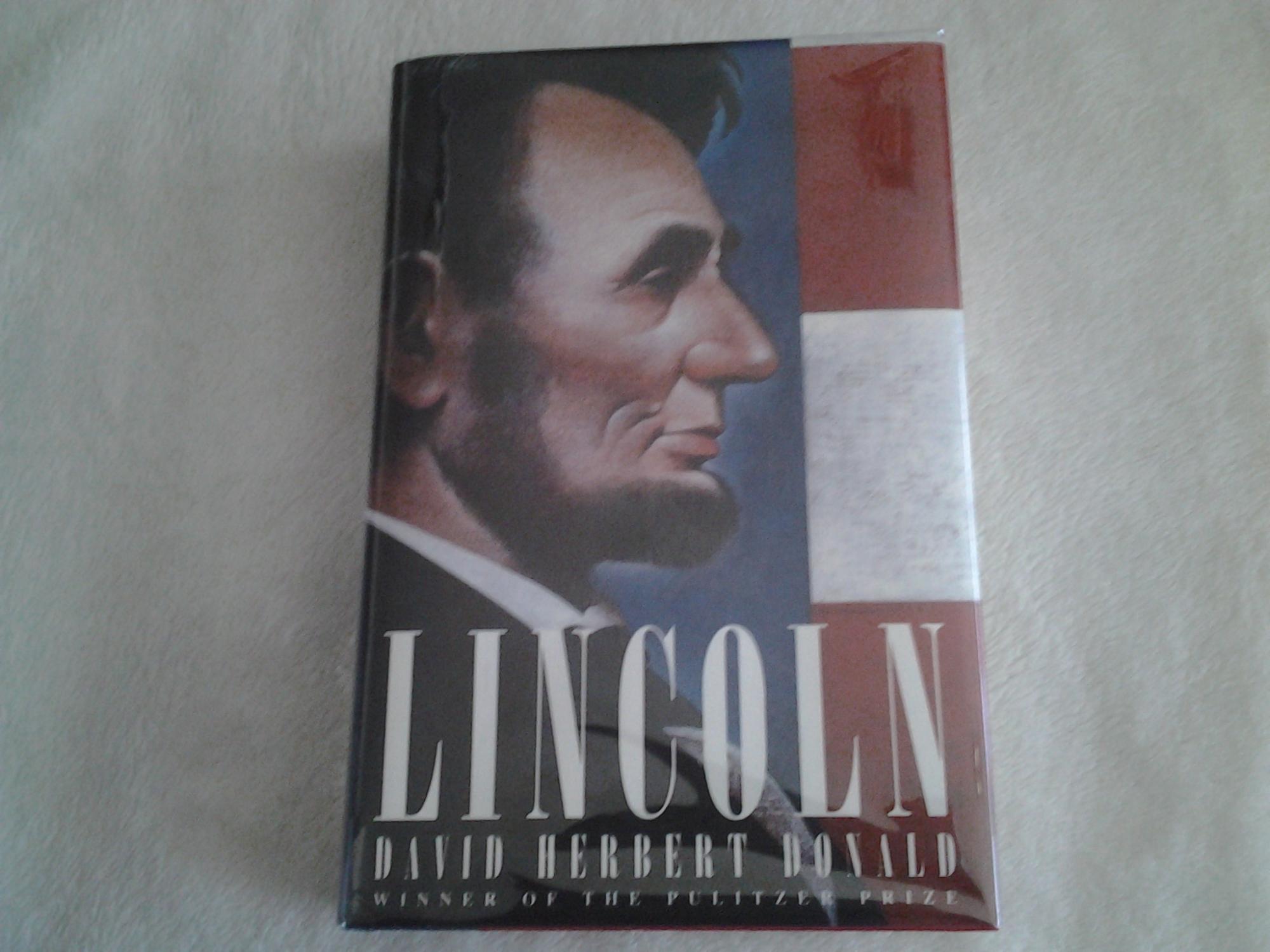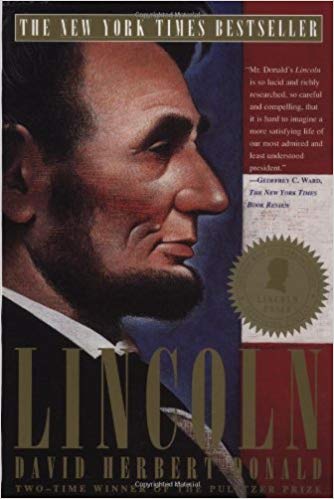


Includes bibliographical references (pages 600-686) and indexĪnnals of the poor - A piece of floating driftwood - Cold, calculating, unimpassioned reason - Always a Whig - Lone star of Illinois - At the head of his profession in this state - There are no Whigs - A house divided - The taste "is" in my mouth - An accidental instrument - A people's contest - The bottom is out of the tub - An instrument in God's hands - A pumpkin in each end of my bag - What will the country say! - A new birth of freedom - The greatest question ever presented to practical statesmanship - It was not best to swap horses - I am pretty sure-footed - With charity for all - I will take care of myselfĪccess-restricted-item true Addeddate 20:09:19 Boxid IA40057519 Camera USB PTP Class Camera Collection_set printdisabled External-identifier When Lincoln Reconsidered was first published it ushered in the process of rethinking the Civil War that continues to this day. The author, David Herbert Donald, has won two Pulitzer prizes for biography David Herbert Donald, Lincoln biographer and winner of the Pulitzer Prize, has revised and updated his classic and influential book on Lincoln and the era he dominated. The book reveals Lincoln as an intensely political, tormented, yet deeply attractive personality.

Excess is cut away, leaving a clean narrative that is bracing in its directness.A biography of Abraham Lincoln which draws together all the strands of his life, and includes much new material. To read along in such a chronicle is like watching an expert carver give shape to something otherwise formless or burdened by a profusion of material. Freehling’s chronicle traces Lincoln’s life up to the Civil War, followed by an epilogue that summarizes his major decisions during the war years. Freehling’s “Becoming Lincoln,” the answer is notable clarity and concision and an especially shrewd account of Lincoln’s political formation.

But any new work faces the question: What is being added to the Lincoln literature? There is always room for another, of course. Among the 16,000-plus books on Lincoln, there have been many superb ones, some of them long (e.g., the 10-volume 1890 opus by John Nicolay and John Hay) others short, such as James McPherson’s lean biography of 2009 and others midsize, like David Herbert Donald’s single-volume classic, titled simply “Lincoln” (1995). Another account of Abraham Lincoln? Aren’t there enough of them? Actually, no.


 0 kommentar(er)
0 kommentar(er)
